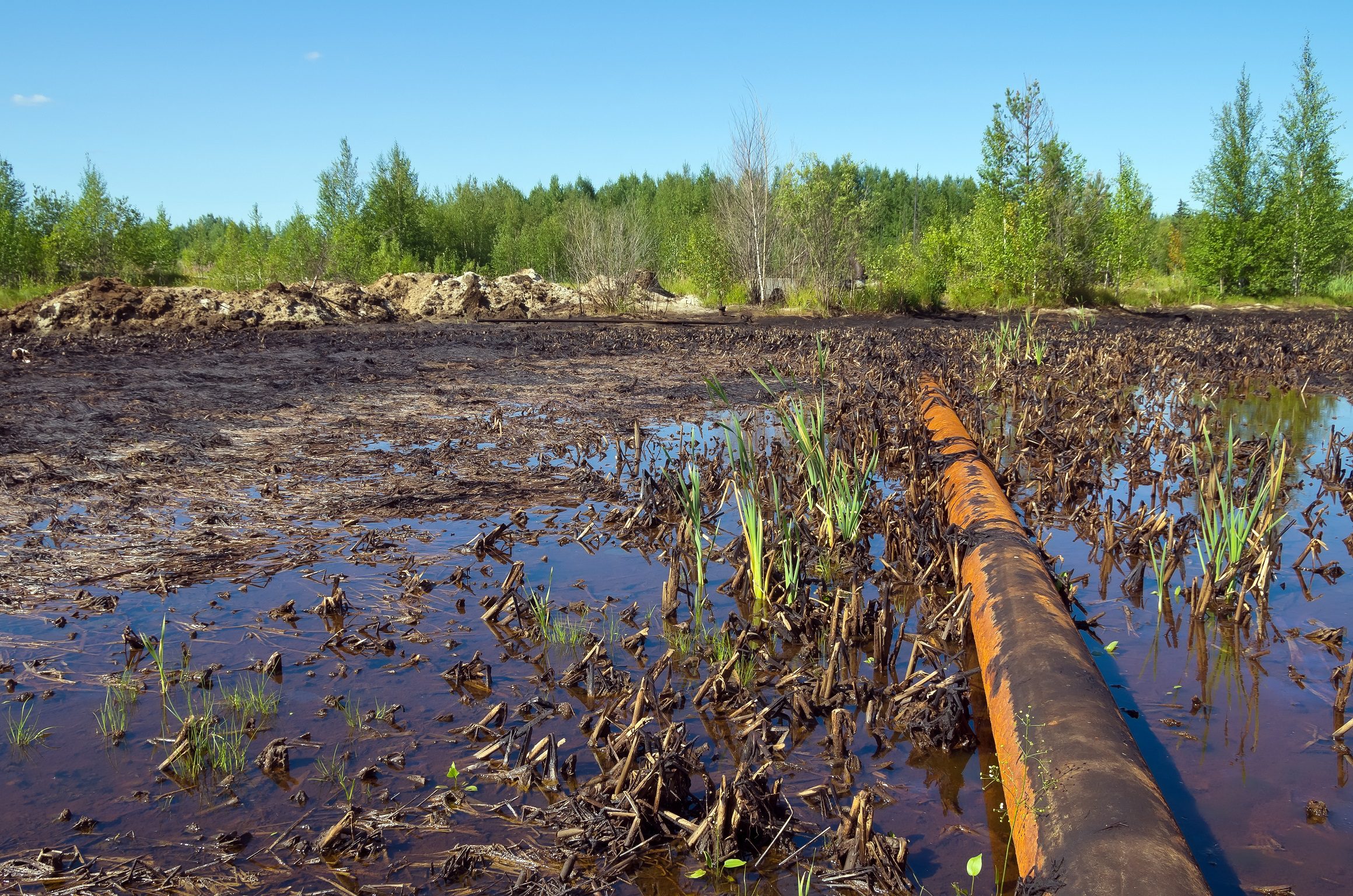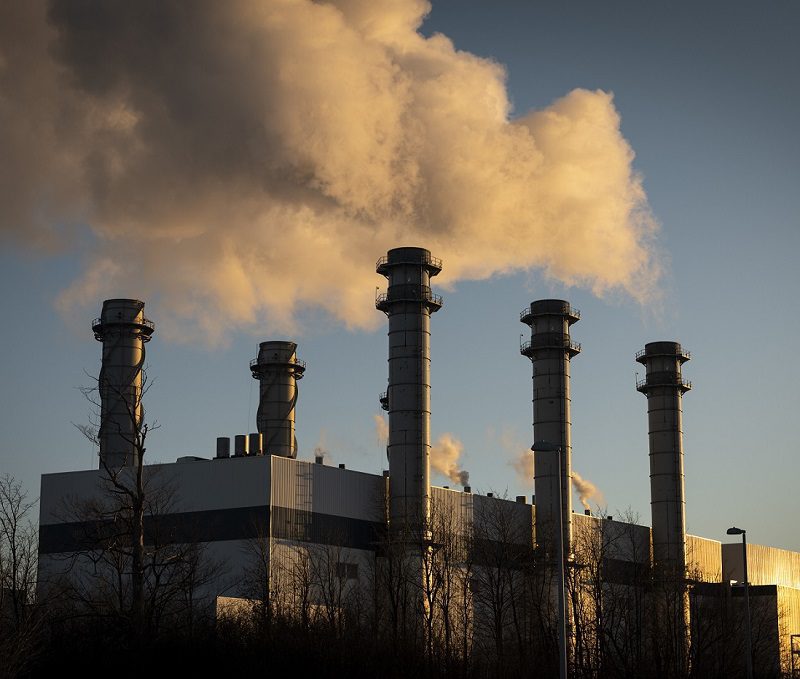This month, the Senate is doing something they very rarely do – they’re on tour.
Bill C-69 is a much-needed bill that will strengthen how major industrial projects are reviewed in Canada and ensure that the consequences on our health and on our climate are considered – before shovels go in the ground.
Under the guise of still more consultation (on a bill that has received three years of extensive consultation already) the Senate committee studying the bill has made the extraordinary decision to travel across the country to hear from ‘Canadians’.
In actual fact, they are overwhelmingly hearing from industry players and those who would like to see the bill severely weakened or delay it into oblivion.
Bill C-69 brings us closer to a climate-safe future
Bill C-69 proposes new environmental legislation which will strengthen assessments for major projects like mines, dams, LNG plants and pipelines. Think projects like Site C, Coastal GasLink Pipeline and the Trans Mountain pipeline out west, Energy East and Chalk River nuclear dump in central Canada, the Saguenay fracked gas pipeline, LNG plant and terminal in Quebec or the Muskrat Falls dam, the Northern Pulp Mill and offshore oil and gas in eastern Canada.
This bill gives Canada an opportunity to get serious about the global fight against climate change by making it part of how we build Canada’s energy projects and infrastructure.
It will ensure that a project’s contribution to Canada’s climate targets are considered – so that we don’t continue to blindly build projects that put us on the path to blow right past our Paris targets and the possibility of a climate-safe future, like Teck Resources colossal Frontier Mine which is currently under review.
Although it’s far from perfect, Bill C-69 brings in a stronger, more transparent and more predictable project review process; better considers Indigenous rights; and creates more space for public consultation. Our full analysis is available here. This will ensure that good projects get built while protecting our land, air, water and climate for generations to come. Despite what opponents say, projects will still get built – just not without serious consideration of the tradeoffs.
It doesn’t seem too unreasonable to want regulators to fully understand the impact of projects that will last for lifetimes on our health and on the climate before work begins.
Now's our chance to stand up for democracy and demand better laws that protect our land, air and water.
TAKE ACTION: Let Senators know that Canada needs Bill C-69: https://t.co/P6Fg3VPiaE #cdnpoli #c69https://t.co/KfosQCp7yD
— EnvironmentalDefence (@envirodefence) April 12, 2019
Canada’s current environmental laws are broken
Environmental impact assessments are supposed to ensure that only projects which keep our communities safe and healthy get approved.
Unfortunately in 2012 the previous government, at the behest of the oil and gas industry, gutted Canada’s environmental protections. These changes were done to make it easier to fast track and rubber stamp major projects like mines and tar sands pipelines. In fact, the current framework has rarely met a project it didn’t like.
Some of the most damaging features of the current environmental laws include:
- The elimination of requirements to consider health and social impacts of projects. The current laws do not require authorities to consider the broader implications of industrial projects, such as how they might impact the health and safety of local communities and vulnerable populations.
- Climate change was completely left out of the review process. This has led us to the current situation where projects fundamentally incompatible with a climate-safe future are making their way through the review process. Teck’s Frontier Mine, which is currently undergoing review, would emit the equivalent of nearly 900,000 cars a year – and this isn’t even including downstream emissions from refining or burning the gas.
- These laws have made it harder for Indigenous Peoples and other Canadians to participate in the review process. Who has the right to speak at public hearings has been so narrowly defined that only people, including Indigenous communities on their traditional lands, within one kilometre of a development are considered affected by it. Thousands of Canadians were shut out of Energy East review process because they weren’t deemed “directly affected” – ignoring the fact that we’re all directly affected by a changing climate.
Across the country, we’ve watched countless dangerous projects get approved due to a broken environmental assessment process: Site C dam, the Trans Mountain pipeline expansion and Northern Gateway (both of which whose approval by the NEB was overturned by the courts) and mines across Northern Ontario.
With provinces showing less regard for environmental protection and weak assessment frameworks, it is more important than ever to have strong federal laws.
So why is the Senate on tour?
The tour is unusual because the Senate almost never travels. Also, Canadians have already been consulted over this bill. In fact, around three years’ worth of consultations have gone into designing the bill. So why the insistence from certain Senators that additional travel was necessary?
Here’s why: Bill C-69 will restore environmental protections that were done away with by the previous government.
Guess what? The oil and gas industry has a problem with that. They don’t want to see pipelines and energy projects assessed on their impact on Canada’s climate targets. They’d like to maintain the status quo situation of a process set up to rubber stamp their projects.
And they’re lobbying the Senate to have their way. They are bombarding Senators with inaccurate and downright misleading information in an attempt to kill or gut Bill -69, even though it’s already been passed by the House of Commons.
Unfortunately, some Senators seem to be listening. They’re using stall tactics, including this tour, to hurt the bill’s chances of passing before an election is called. They’re also listening to the demands of industry to weaken the bill. This despite recent polling which shows that the majority of Canadians who know about the bill support it.
If the bill dies or is weakened in the Senate, years of hard work, public consultation and deliberation will be wasted.
Don’t let the oil and gas industry weaken Bill C-69
Bill C-69 is already a significant compromise with industry and it is far from perfect. In its current form, it might still allow for high-carbon projects such as fracking and in situ tar sands to go ahead without review, it does not prevent projects that would hinder climate action from being approved, and it gives more authority to offshore petroleum boards.
Despite these shortcomings – which there’s still time to fix – the bill is a rare opportunity to bring Canada one step closer to fixing it’s broken environmental laws.
Given the urgency of the climate crisis, made clear by the recent Canada’s Changing Climate Report which outlined that Canada is warming at twice the global rate, there is a moral imperative to ensure all future laws bring us closer to a climate-safe future.
But industry groups like the Canadian Association of Petroleum Producers (CAPP) and the Canadian Energy Pipeline Association (CEPA) are lobbying the Senate to remove climate as a consideration before major greenhouse gas emitting projects are approved, and to restrict public participation in project hearings.
The Senate has no business blocking environmental legislation passed by the democratically elected House of Commons. The federal government has a clear mandate to strengthen Canada’s environmental laws and restore public confidence in the project review process. Senate consideration of the bill should leverage the expertise of Senators to refine the bill, not to delay or kill the legislation.
We need your help right now to make Bill C-69 passes. Senators need to hear that Canadians want them to pass Bill C-69.









